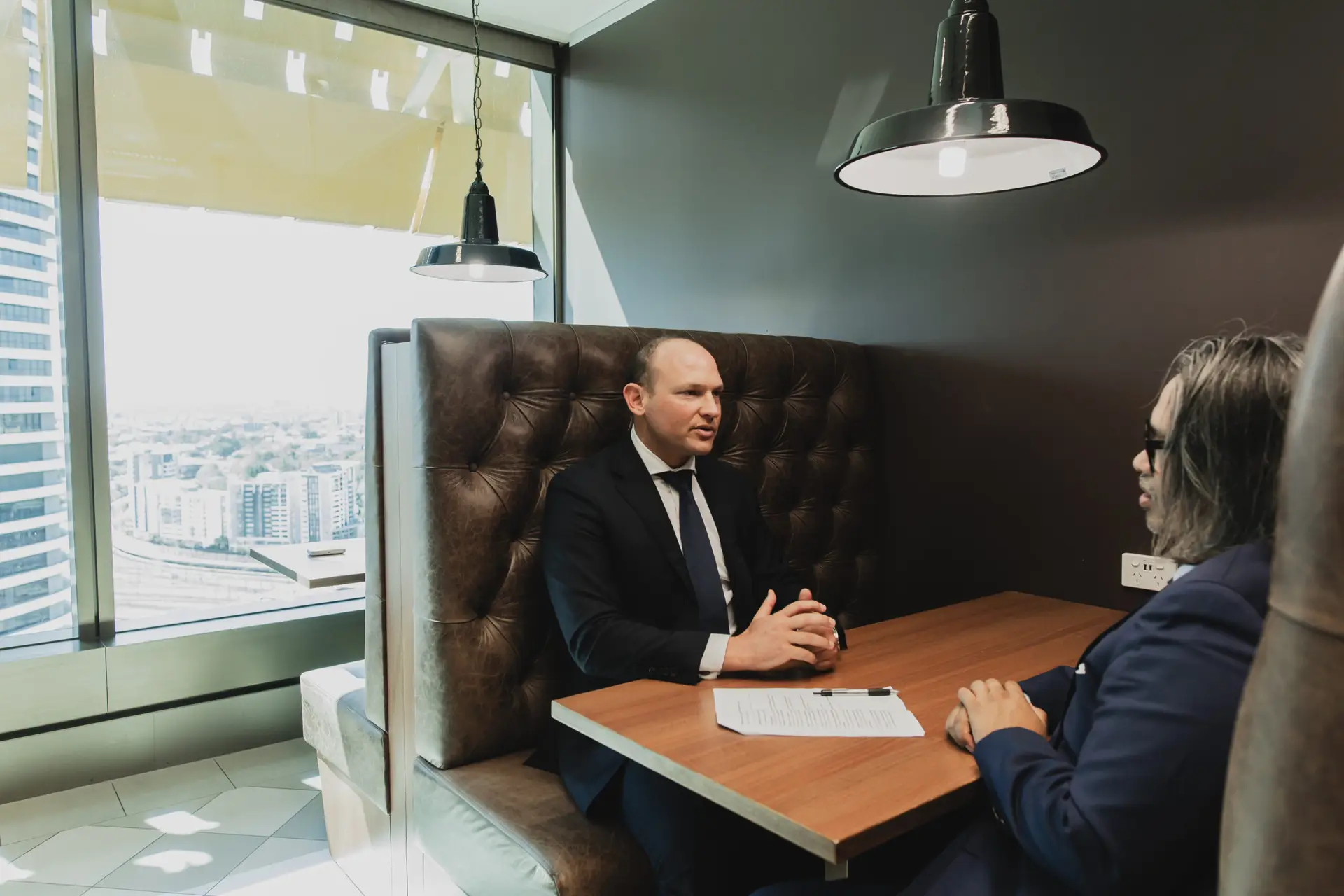If you’re a director of a building company, it’s crucial to understand that deregistering your company doesn’t necessarily shield you from personal liability. A recent Queensland District Court case illustrates how directors can remain accountable for company obligations long after deregistration.
The Background: A Director Held Accountable After Deregistration
In this case, the Queensland Building and Construction Commission (QBCC) pursued a claim against Mr. Smith, the director of a deregistered building company, to recover funds paid out under Queensland’s statutory insurance scheme. These payments were made to rectify incomplete or defective residential construction work performed before the company’s deregistration.
The central issue? Whether Mr. Smith could be held personally liable for these payments, given the company no longer legally existed.
Understanding the Legal Framework
Two key provisions of the Queensland Building and Construction Commission Act 1991 (Qld) were at the heart of the case:
- Section 71(1): This empowers the QBCC to recover funds paid under the statutory insurance scheme from the contractor or any individual whose actions triggered the claim.
- Section 111C: This outlines the circumstances under which a company director can be held personally liable for the company’s debts.
The Director’s Defence: No Liability Post-Deregistration
Mr. Smith argued that his company’s deregistration wiped out its liabilities, referencing Section 601AD(1) of the Corporations Act 2001 (Cth). This provision states that a company ceases to exist upon deregistration, and its obligations are effectively extinguished.
However, the QBCC countered that Section 111C(7) of the QBCC Act makes it clear that a director’s personal liability remains intact, even after the company is deregistered.
The Court’s Decision: Personal Liability Prevails
The court ruled in favour of the QBCC, determining that Mr. Smith was personally responsible for the debts. It found that the statutory provisions of the QBCC Act expressly allow recovery from directors, ensuring that deregistration doesn’t provide a loophole for avoiding liability.
Implications for Building Company Directors
This case sends a strong message to directors: deregistering a company won’t necessarily protect you from personal financial exposure. Directors can still be pursued for unresolved debts or claims linked to construction work carried out before deregistration.
How to Protect Yourself
- Be Proactive About Potential Claims: If there are outstanding liabilities or unresolved issues, address them before deregistration.
- Understand Your Responsibilities: Familiarise yourself with statutory obligations, especially under the QBCC Act.
- Seek Legal Advice: Engaging legal professionals early can help you navigate risks and obligations effectively.
If you’re facing concerns about personal liability or company deregistration, our team at Boss Lawyers can provide expert guidance. We specialise in helping directors manage complex legal issues and minimise personal risks.
Contact Us Today
For tailored legal advice, visit www.bosslawyers.com.au or call us at 1300 267 711






